Wellbeing
Talking To Young Children After Traumatic Events
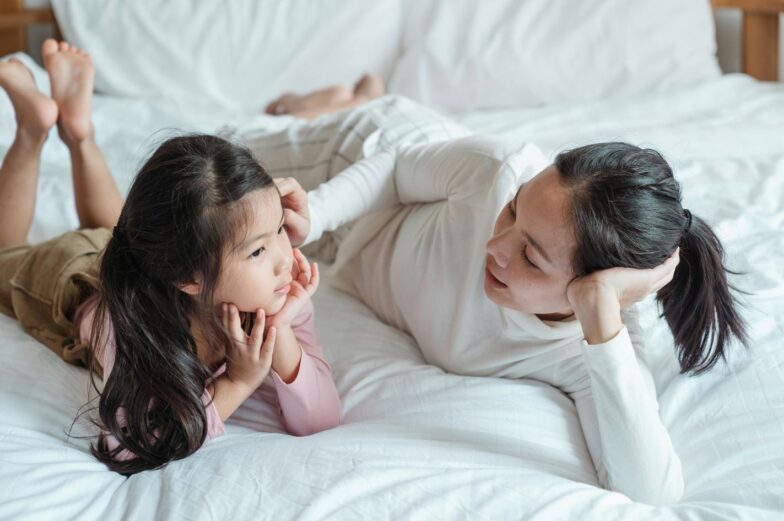
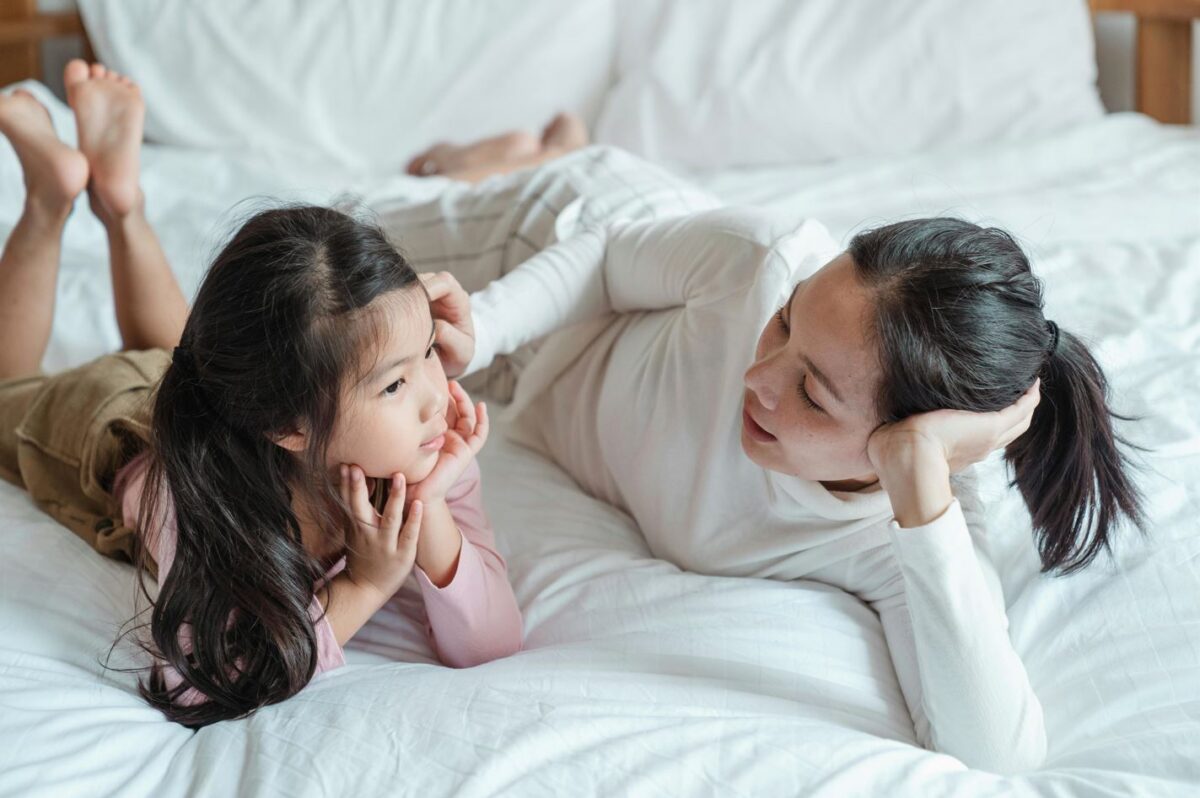
When traumatic events happen in our community, often our first instinct is to shield and protect children from the shock, fear or worry by not talking about these events with or in front of them. In fact, talking to children about these events is important to help them understand, make sense, and accept what is happening in their world.
- Take the time and space to talk openly for as long as the child needs, this will vary depending on your child and what you want or need to share with them.
- Ask open ended questions. What have you heard? What did you see or hear? Do you have any questions?
- Share simple and basic details. Children want to know the truth of events but also, we don’t need to share all the details.
- Let them know that what they are feeling is ok and it’s good to talk about how you feel.
- Ensure you create a safe and open space to ask more questions and talk more.
- Share your own feelings. When you talk about your feelings and children see your emotions, it helps develop their own emotional intelligence and resilience.
- Read age-appropriate books, for example:
- Stress, Anxiety & Me
- When I’m Feeling Sad
- Feeling all my Feelings
- Drawing, art, pretend play, playing with dolls and role play games, can also help children explore their feelings & thoughts.
- Stick to usual routines as it helps children normalise their feelings and gain understanding that during these times the world continues around them.
- Encourage children to attend preschool, childcare, or school if possible.
For further information:
Traumatic events, children, first response | Raising Children Network
Helping-my-Children-after-Trauma-–-A-Guide-for-Parents.pdf (phoenixaustralia.org)
Only About Children can help your child to grow, make friends and explore the world.
Only About Children can help your child to grow, make friends and explore the world.
Related Reads
Understanding and Identifying Neurodivergence in Young Children
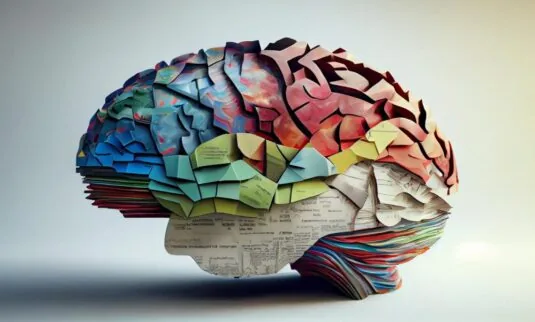
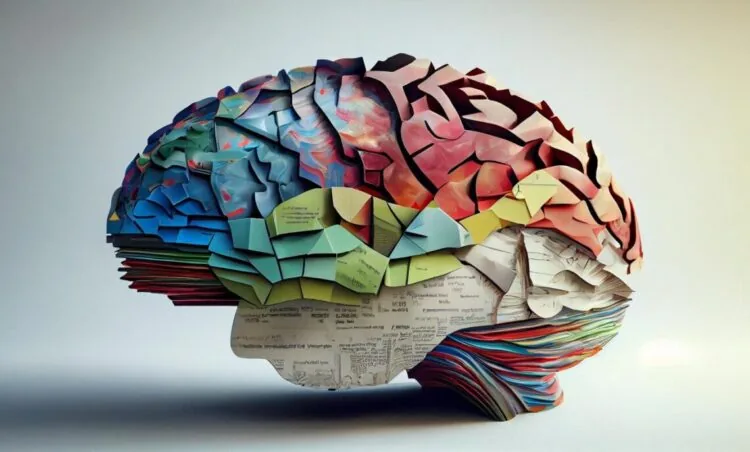


Wellbeing
Understanding and Identifying Neurodivergence in Young Children
In the recent Grow With Us Parenting Series webinar, we explored some of the developmental differences that we might see in our young children. If you’re part of the Only About Children parent community, you’re welcome to watch the recorded webinar anytime to learn more about this subject, but otherwise, here’s a snapshot of one of the topics covered - Neurodivergence - and specifically some of the signs that might indicate Autism or ADHD in our young children.
Talking To Young Children After Traumatic Events
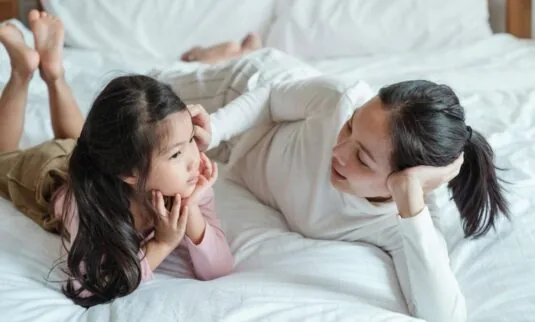
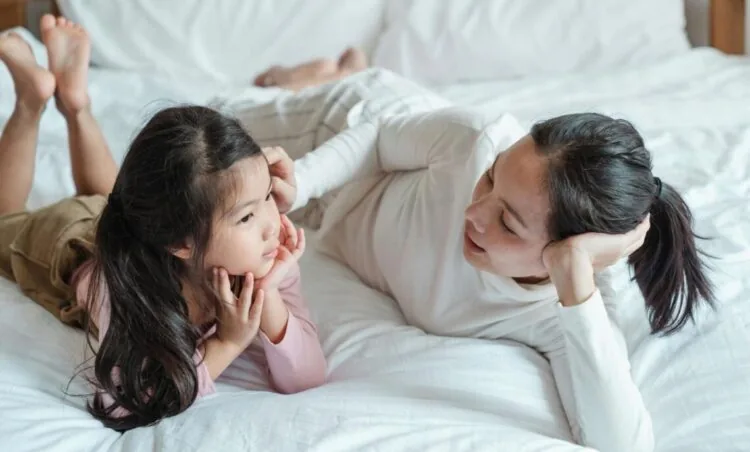


Wellbeing
Talking To Young Children After Traumatic Events
Discussing traumatic events with children is crucial for helping them understand and accept what's happening in their world.
MasterChef Tommy Pham's Coconut Turmeric Chicken With Rice & Greens




Health & Nutrition